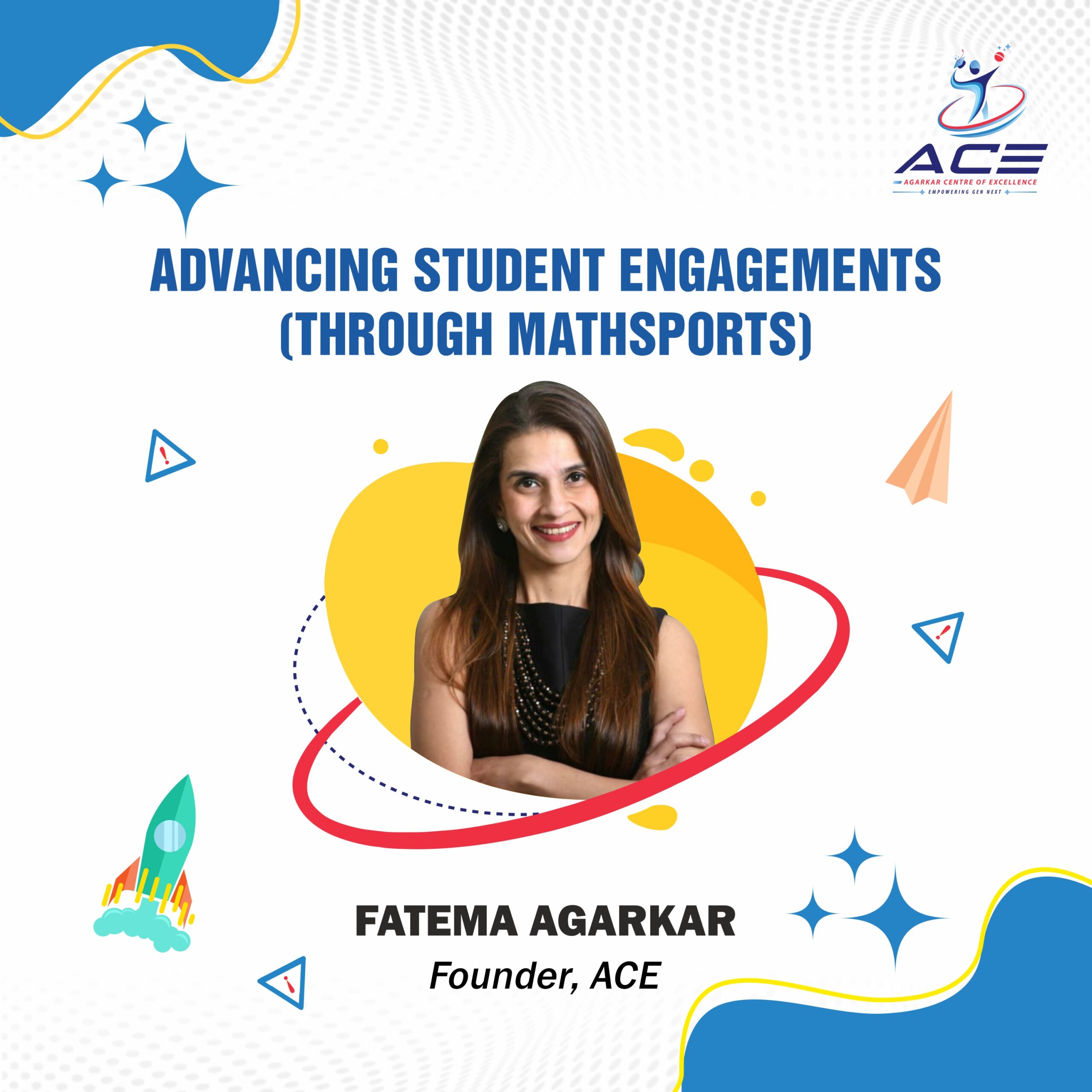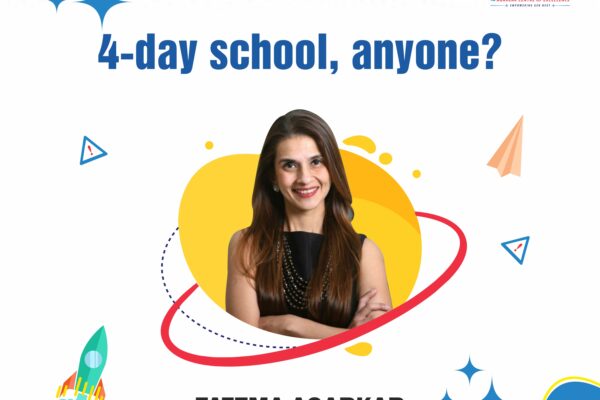Historically, in our schools, sport has been given the title of an extra-curricular or a co-curricular subject, which is encouraged to be graded but often, it’s the ‘period’ in the timetable that gets replaced by a curricular subject in case the ‘portion’ is not completed in time for various reasons. Mind you there are some schools that consider physical fitness as an integral part of learning and believe the concentration and effort in the classroom is enhanced given this exposure on the field. Apart from simply nurturing talent and providing all kinesthetic learners with opportunities to fuel their passion, and even providing those disinterested in physical sport, an opportunity to gain on important lifestyle experiences which Covid has taught us help in maintaining the critical health quotient. But this chapter is not about the ‘advantages’ of sport in curriculum planning for Primary teachers. It’s exploring the underlying potential of Sport in teaching a curricular subject like Math.
Let’s start from the drawing board and analyze what has been proposed above. Using the example of this country’s favourite sport – Cricket, and one of the biggest entertainers of all time IPL, we analyse how many elements of numeracy can find its relevance when watching or playing this sport. Remember the strike-rates that flash on our screens, every time a player comes out to bat or bowl, the run rate that we constantly think about when our favourite team is chasing down a score, or the partnership totals between two players that help set up a match, or the number of runs saved in the field that at time decides who wins and loses, and let’s not forget how the team management has to decide the batting order of their playing 11 – who opens first or comes in at No.3 may be related to skill but it is also about analysing data that has been generated in previous matches about how the player does against a particular team or at that position. Ever heard the commentators speak about the left-right combination – why do you think team managements focus on this? Its answer is in the mathematical concepts that we teach are children.
In terms of curriculum targets, Primary Years Math is all about understanding whole numbers, odd & even, and fractions, about adding and subtracting, multiplying and dividing, about ‘carry forwards’ that are represented as decimals; it’s about decoding word problems and understanding different shapes and how each of these are formed using angles. It’s about working out averages and using some formula to calculate distance and time. All these ‘targets’ that children need to ‘learn’ are essentially everyday problem solving tools that come in handy, and when children learn using sport as a background (not only cricket, this applies to hocky, swimming, football, motor racing, Golf, basketball, tennis etc), it takes away the ‘dread’ that is associated for many with the word ‘Math’ (I know I was one of those that considered this subject a challenge when growing up, and I wish someone had connected it to something that I could relate to and engage with me an individual and not be in a hurry to teach me LCM or HCF which became an endless series of sums that I solved but had no idea why I was learning it and what was the implication or relevance of it till is discovered its magic in the high school years).
As a primary teacher, one of the better student engagement experiences is promised when one combines sport with math skills, making it one big, exciting case study to solve. Depending on the grade you are teaching or the concepts you have listed down to cover, you could very well transform your classroom to represent a sport. Let’s take the instance of football. Reorganise the furniture in your classroom and create a ‘football’ field in the centre with goal posts and seating arrangements around the periphery or perimeter (hey, that’s just another math term you can easily get the children to relate to instead of struggling for 2 periods to get them to relate to it; quickly get them to connect it to everything around them and the children will understand that to calculate perimeter, is simply about ‘adding’ could be any shape – circle, square or triangle etc). Children as audience, you can get the children to count the total strength in the stadium, and have a few students leave the class and join the class (word problem solved!!), also, percentages come into play when you throw them a challenge of “how many girls and boys as represented as a percentage”. When they visualize this themselves, it becomes a ‘fun’ exercise and introduction of these terms as everyday words, makes it easier for students to relate and then those worksheets to be solved are always about problem solving as an exciting decoding exercise as opposed to “cracking” the word problem. Think of calculating number of goals scored by each team, measuring lengths of the field and goal posts, the angles at which the players scored the goals etc …. Speed can be introduced as well as can probability (even if this is a middle school target) – What are the chances that X player will score a goal?
Enabling children to become players and asking these questions using mathematical terms makes the class engaged and involved and does wonders for their concentration and interest. Using one sport to demonstrate these concepts, get the students to link it to their own favourite sport and it’s a guarantee that even those that worry about solving ‘sums’ emerge enthusiastic when you adopt this project based learning integrating math and sports.
As a primary teacher, get them to watch some precorded commentary where statistics are pointed out and discuss this as a group discussion with them, translating this as a graph for them, with them, and help them make sense of these math terms in context to what they are listening to or reading.
By changing the format of how you introduce these math concepts, by using what’s popular and visible to them, you enable learning to happen seamlessly, and more effectively. For that, those unfamiliar with different sports may have to orient themselves about the rules, and terms and do some prior research before this can be actioned out. But once this effort has been made, math no longer becomes the dreaded subject but one that gets everyone excited and something to look forward and then as a reward, have your Math period offered to the PE team for when you teach in this manner, you not only save time, create deeper understanding but win students over when you allow them that extra time to ‘play’.
Advantage Mathsports. Oh yes! A big yes!












